Parliament faces calls for higher aid budget
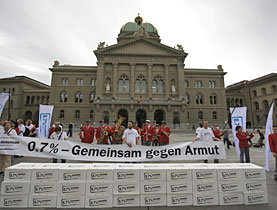
Swiss development aid over the next four years will be at the centre of attention of the House of Representatives in the final week of parliament's summer session.
At stake is the amount of money the country is prepared to release for this purpose. The government has announced a development budget of SFr5.3 billion ($5 billion) for the period 2009-2012, a sum it says will amount to 0.4 per cent of gross domestic product (GDP).
The foreign affairs committee of the house has already come out in favour of increasing the sum that Switzerland makes available for development aid.
The United Nations has set a so-called “millennium goal” under which richer countries would contribute 0.7% of GDP to development aid by 2015.
A coalition of aid agencies, churches and associations formed an alliance which they called 0.7 per cent – Together against Poverty to campaign for this goal. It collected some 200,000 signatures on a petition, which was handed in to the government and parliament at the end of May.
Although a petition has no legal force, it is a way to bring an issue to the attention of decision makers.
A tough battle
Swiss development aid is complicated by the fact that it is channelled through two state bodies, the Swiss Agency for Development and Cooperation (SDC) which is part of the foreign ministry, and the State Secretariat for Economic Affairs (Seco) in the economics ministry.
Of the money earmarked by the government, the SDC is to get SFr4.5 billion, and Seco SFr800 million.
The house foreign affairs committee approved these credits, but also accepted proposals from the Greens demanding that they should be gradually increased.
The Green proposals want the funds allocated to development aid to amount to 0.5 per cent of GDP as of 2010, rising to 0.6 per cent in 2012 and reaching 0.7 per cent in 2015.
The Greens believe that in view of such developments as the current food crisis, Switzerland must step up its commitment “massively”.
The committee also accepted a proposal asking the government to submit further funding to parliament, in order to ensure that the promised credits do not fall under the target of 0.4 per cent.
But the vote in the committee was extremely tight, and when it comes to persuading the house as a whole, Foreign Minister Micheline Calmy-Rey and Economics Minister Doris Leuthard will have to work hard to push even the government’s proposed credits through.
No reorganisation
Although moves are afoot to change the way in which Swiss development cooperation is organised, for the time being it will continue to be shared between the SDC and Seco.
However, although both are now concentrating their funds on a reduced number of countries, it is not always clear who is responsible for what.
Matters may soon be made even more complex by the fact that the SDC is about to embark on a major restructuring process.
“We want to tighten the structure and refocus our personnel and financing. We have to become more efficient,” said Calmy-Rey in an interview with the NZZ am Sonntag.
She dismissed allegations that the reform was only in response to criticism by parliament, mainly by the rightwing People’s Party.
swissinfo, based on an article in German by Jean-Michel Berthoud und Christian Raaflaub
The 1992 Earth Summit at Rio challenged industrial countries to devote 0.7% of their gross national income to development aid.
Switzerland set itself the goal of 0.4%, which it has met only once, in 2005.
In 2007 Switzerland contributed 0.37%, the same proportion as Germany.
Only Norway, Sweden, Luxembourg, Denmark and the Netherlands exceeded the UN goal, contributing from 0.8 to 0.95%.
Of Switzerland’s main neighbours, France contributed 0.39 and Austria 0.49%, while Italy lagged far behind with 0.19%.
The biggest donor in money terms, the United States, was the smallest in percentage terms, with 0.16%.
The SDC is the part of the Swiss foreign ministry responsible for international development.
It employs around 550 people in Switzerland and abroad.
Its tasks include not only the coordination of cooperation with developing countries, but also emergency relief after natural disasters.
It is active in 17 countries, but will reduce its activities to 14 countries by 2010.
Its budget for 2007 amounts to around SFr1.3 billion, the equivalent of 0.4% of GNP.
Seco is the federal government’s centre of expertise for all core issues relating to economic policy.
It provides economic development cooperation as part of Swiss efforts to alleviate poverty in the world.
Seco projects focus on the promotion of sustainable economic growth based on a market economy and on the integration of partner countries into the world economy.

In compliance with the JTI standards
More: SWI swissinfo.ch certified by the Journalism Trust Initiative
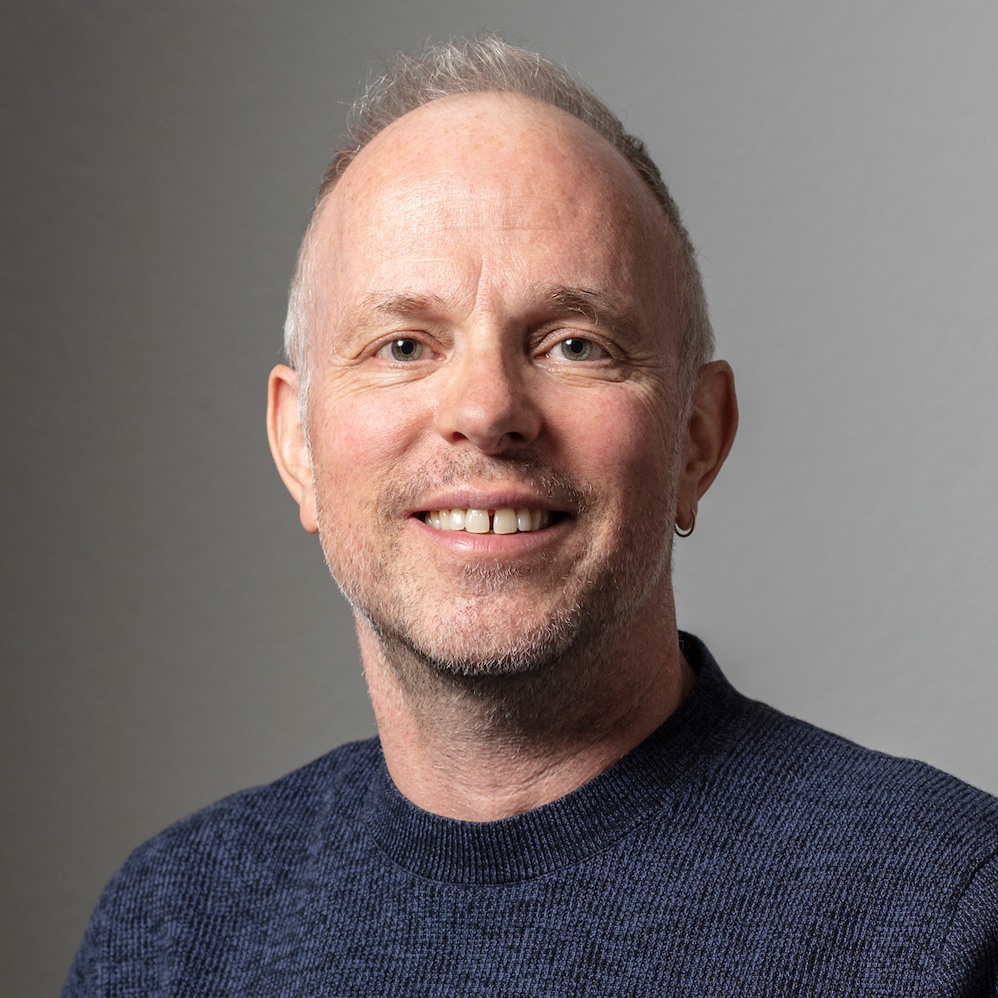
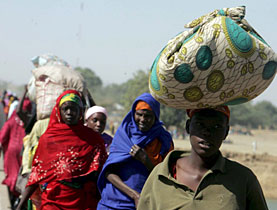
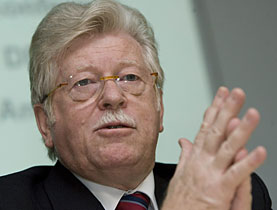
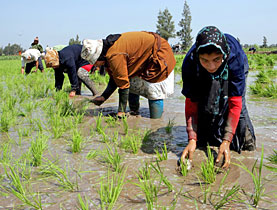
You can find an overview of ongoing debates with our journalists here. Please join us!
If you want to start a conversation about a topic raised in this article or want to report factual errors, email us at english@swissinfo.ch.